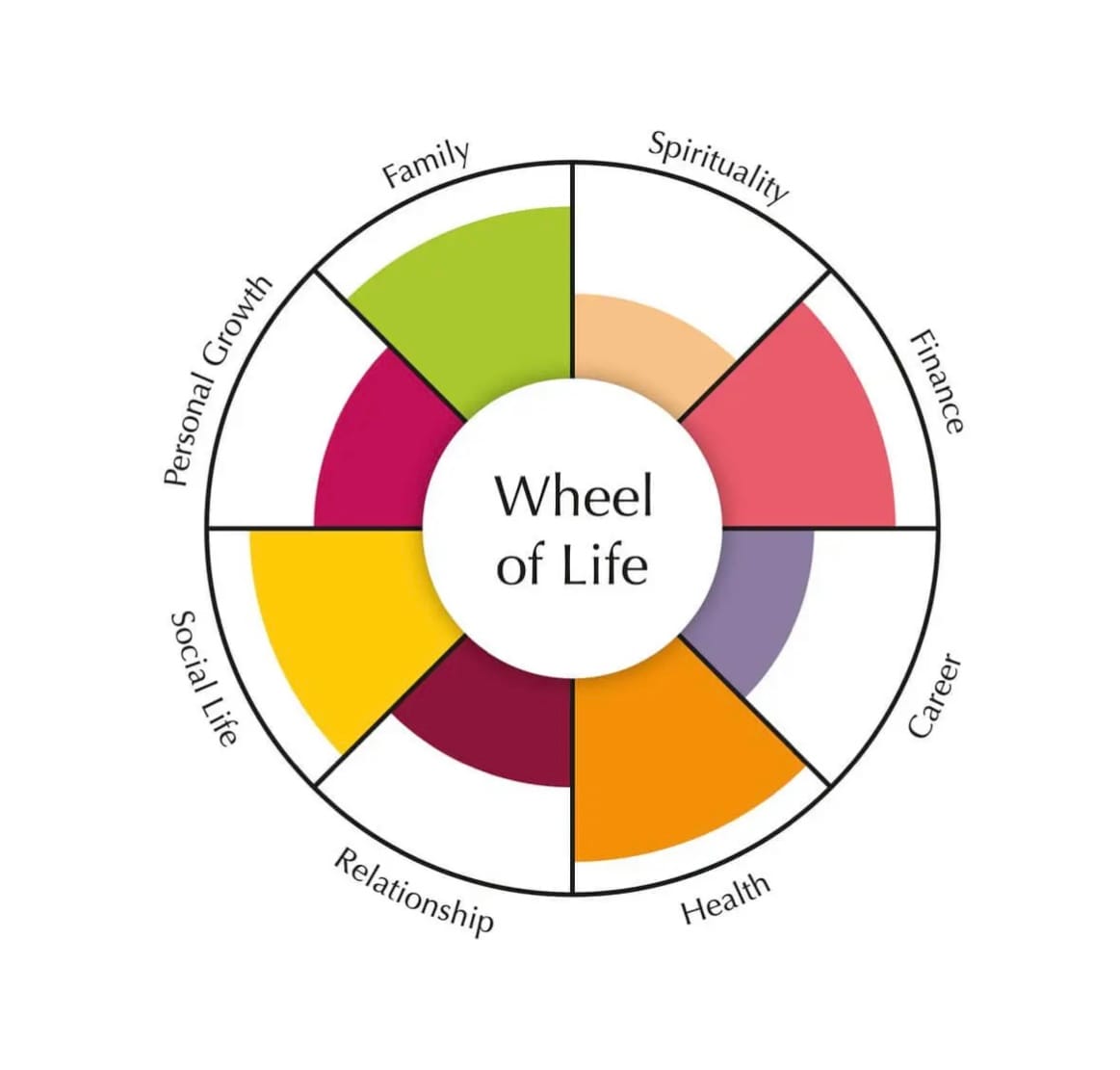Power of Journaling Daily

OK, journaling is a good way to get all of our thoughts on paper. So how often should we do it to really benefit from it?
The more you journal, the more you will benefit from the process. As an old saying goes: You are what you think, and you become when you focus on.
Think about your daily habits, what do they consist of? Do you spend time throughout the day on social media, getting lost in reels and next thing you know a half hour has passed? Or you find yourself going back to your favorite show and binge watching a couple more episodes.
Whatever we do on a consistent basis, becomes automatic and easy. This is because our brain's prefrontal cortex starts prioritizing that activity, manifesting into a heightened anticipation for the next "hit" or reward.
How does daily journaling affect our habits?
It is a known fact that the more you write things down, the more they come into reality. Thinking, saying and writing down our thoughts, starts to engage the mind to focus on those thoughts.
So even if you’re writing in your journal and you feel like you're repeating yourself, you are actually teaching your brain what to think. You are building new neuro connections and rewiring what your brain's focus. A brain is like every other muscle, we need to work it out!
Writing down our goals each day, and reflecting on why we want to achieve them, strengthens our ability to stay focused on them. With practice this becomes habitual and we start to see progress towards our goals.
How to journal
There is no wrong way to journal. You can write in detail, jot down random words, draw pictures. Your journal can be messy, neat, whatever you feel that day. Your journal is your private space to dump your thoughts, and reflect on what controls your day.
Sometimes you will find the most random thoughts are occupying your space. You may see that a situation is making you feel a certain way and you didn't even realize it. Reading journal entries back after the week, can tell you more about yourself and what is holding you from taking action.
Used daily, journaling is a strong tool to help you build your roadmap to meeting your goals. Start with 5 minutes. Small daily actions build momentum, do not underestimate the power of journaling as this little action every day could change your life.
Here are some prompts to get you started
What made me smile or laugh today?
What small task did I accomplish today?
What is my main goal, and what are the 3 small steps I need to start with to achieve my goal?
How can I take a step towards my goal tomorrow?
What 5 words best describe today, and why?
What 5 people, places, or things, inspire me? How can they help to meet my goals?
Exercise: Below is an example of the life wheel exercise. You draw a wheel and label each section. Then you fill in each section to represent how full your life is in that area. Seeing it on paper, will help you start realizing where your life is unbalanced.
How can you fill each area to become more equal?
On the chart below perhaps the person could spend a bit less time on being social (high area), in order to help their relationship (low area).
Or when home with the family (high area), they could also be reading up on interests or practicing a skill they want to learn, such as playing an instrument. This would help their personal growth (low area).

Try out your life wheel today. Put it in your journal. Set a reminder 2 weeks, or a month from now, to draw out another one. Reflect back and see if your wheel has changed. Journaling is all about self realization and personal reflection. Use it consistently and watch your habits start to improve.





